Nestled in the heart of Iceland's rugged landscapes, eco-friendly lodges have become a beacon of sustainable tourism. Among their many innovative features, geothermal heating systems stand out as a testament to the country's commitment to renewable energy. These lodges, often constructed with locally sourced materials, harness the Earth's natural warmth to provide cozy accommodations even in the harshest of winters. The result is a seamless blend of comfort and environmental responsibility that leaves guests in awe.
The concept of geothermal heating in Iceland is not new, but its application in the hospitality sector has revolutionized the way travelers experience the country. Beneath the surface, volcanic activity heats water to boiling temperatures, which is then channeled through a network of pipes to warm buildings. This process eliminates the need for fossil fuels, drastically reducing the carbon footprint of these lodges. For visitors, it means waking up to a toasty room without the guilt of contributing to climate change.
What makes these systems truly remarkable is their efficiency. Unlike traditional heating methods, geothermal energy provides a consistent and reliable source of warmth. The pipes, often hidden beneath floors or within walls, distribute heat evenly, creating a comfortable environment throughout the lodge. Maintenance is minimal, and the systems are designed to last for decades, making them a cost-effective solution for lodge owners. Guests, meanwhile, enjoy the subtle luxury of radiant heat without the noise and dryness associated with conventional heaters.
The integration of geothermal heating into Iceland's eco-lodges is more than just a technical achievement—it's a cultural statement. Icelanders have long revered their natural resources, and this respect is evident in every aspect of these lodges. From the design to the daily operations, sustainability is prioritized without compromising on comfort. Visitors often remark on the unique ambiance created by the combination of rustic charm and cutting-edge green technology.
Beyond the immediate benefits, these geothermal systems serve as a model for the global hospitality industry. As climate change becomes an increasingly pressing issue, other countries are looking to Iceland for inspiration. The success of these lodges demonstrates that sustainable practices can enhance the guest experience rather than detract from it. For travelers, staying in a geothermal-heated lodge is not just a vacation—it's a chance to be part of a larger movement toward responsible tourism.
The story of Iceland's eco-lodges is also one of community. Many of these establishments are family-owned, with deep ties to the surrounding areas. By using geothermal energy, they reduce their reliance on external energy suppliers, keeping resources and revenue within the local economy. This creates a ripple effect, supporting jobs and fostering a sense of pride among residents. Guests, in turn, feel a stronger connection to the place and its people, knowing their stay contributes to the well-being of the community.
As the sun sets over the Icelandic countryside, the warmth from the geothermal pipes becomes even more appreciated. The lodges, often situated in remote locations, offer a serene escape from the hustle and bustle of modern life. With no light pollution, the night skies are dazzling, and the silence is profound. It's in these moments that the true magic of geothermal heating becomes apparent—providing comfort in harmony with nature, rather than at its expense.
Looking ahead, the potential for geothermal energy in Iceland's tourism sector is vast. New lodges are being built with even more advanced systems, and existing ones are continuously upgrading their infrastructure. Researchers are exploring ways to make the technology more accessible to smaller businesses, ensuring that sustainability remains at the forefront of the industry. For travelers seeking an unforgettable and eco-conscious experience, Iceland's geothermal-powered lodges are proving to be the perfect destination.
The allure of these lodges extends beyond their heating systems. Many offer guided tours of nearby geothermal sites, educating guests about the science and history behind this renewable resource. These excursions often include visits to hot springs, geysers, and lava fields, providing a deeper understanding of Iceland's geological wonders. By the end of their stay, visitors leave not only relaxed but also enlightened about the power of sustainable energy.
In a world where travel is often associated with excess and waste, Iceland's eco-lodges stand as a refreshing alternative. They challenge the notion that luxury must come at the expense of the environment, proving that the two can coexist beautifully. For those who have experienced the warmth of a geothermal-heated room, the memory lingers long after the trip ends—a reminder that the future of travel can be both green and extraordinary.
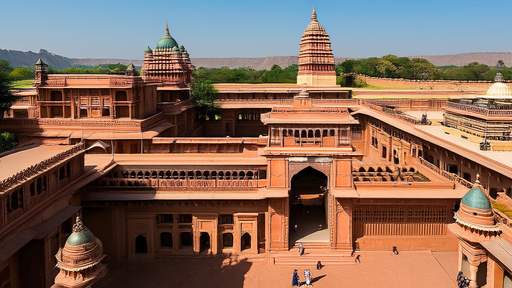
By /Jun 5, 2025

By /Jun 5, 2025
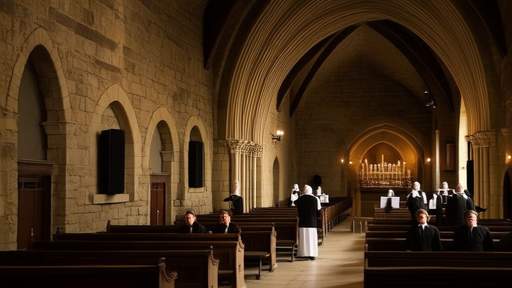
By /Jun 5, 2025
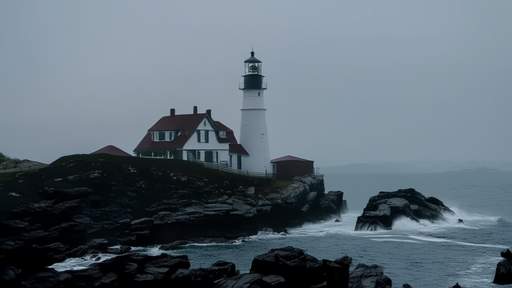
By /Jun 5, 2025
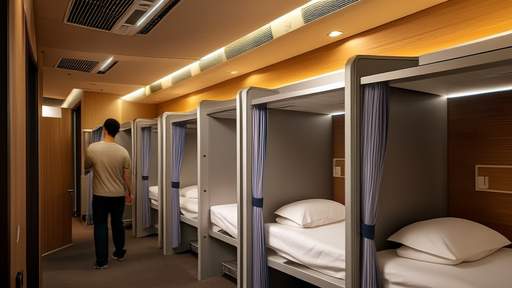
By /Jun 5, 2025
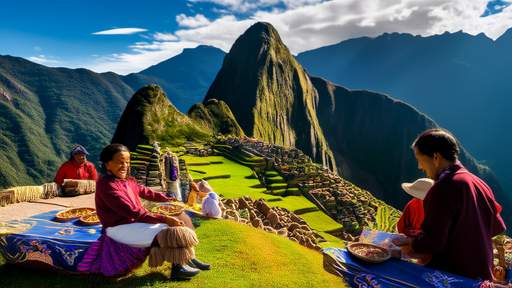
By /Jun 5, 2025
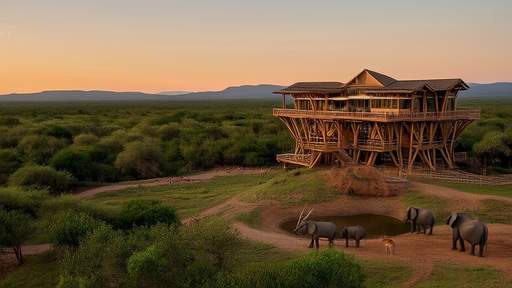
By /Jun 5, 2025
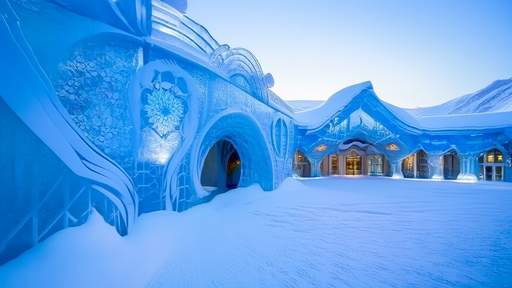
By /Jun 5, 2025

By /Jun 5, 2025
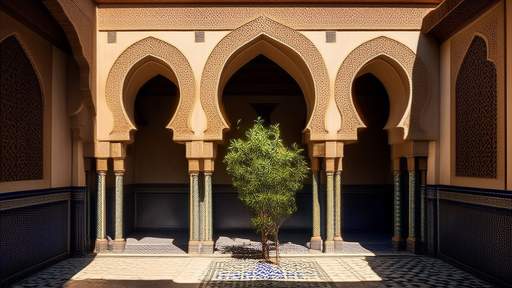
By /Jun 5, 2025
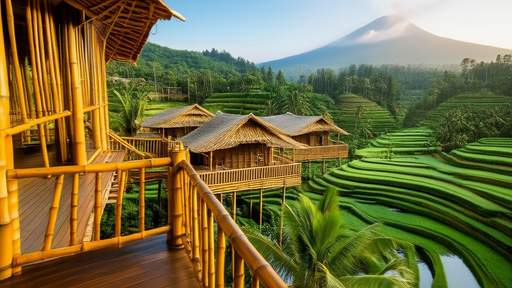
By /Jun 5, 2025
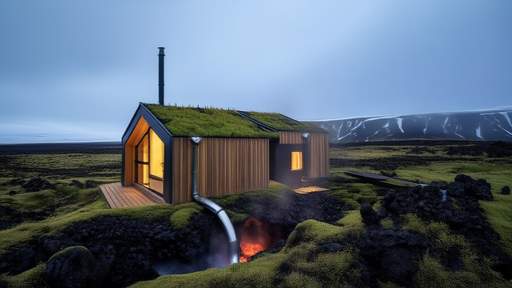
By /Jun 5, 2025
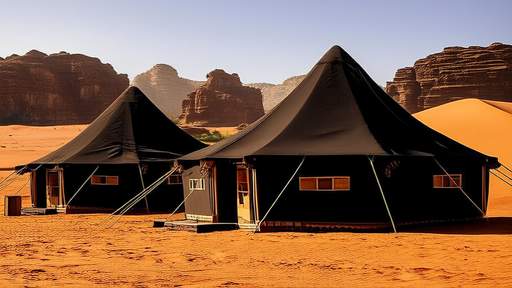
By /Jun 5, 2025
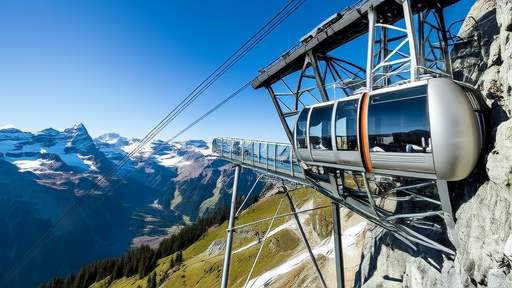
By /Jun 5, 2025
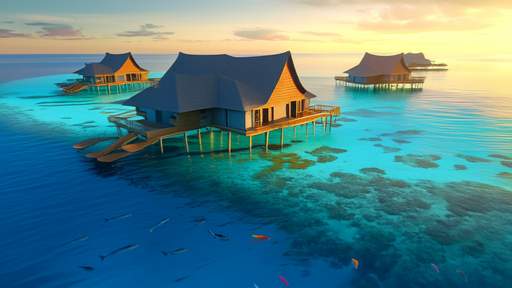
By /Jun 5, 2025
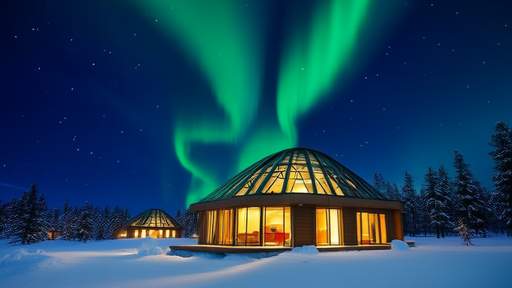
By /Jun 5, 2025
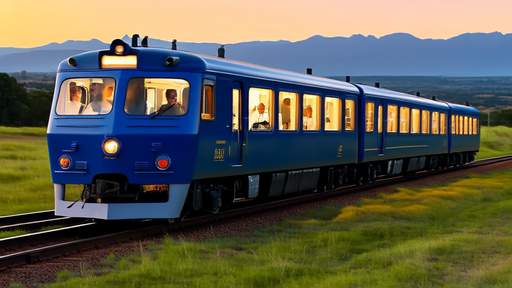
By /Jun 5, 2025

By /Jun 5, 2025

By /Jun 5, 2025
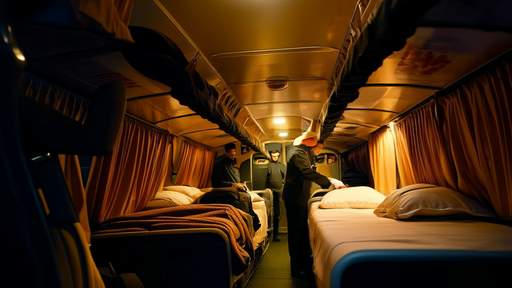
By /Jun 5, 2025